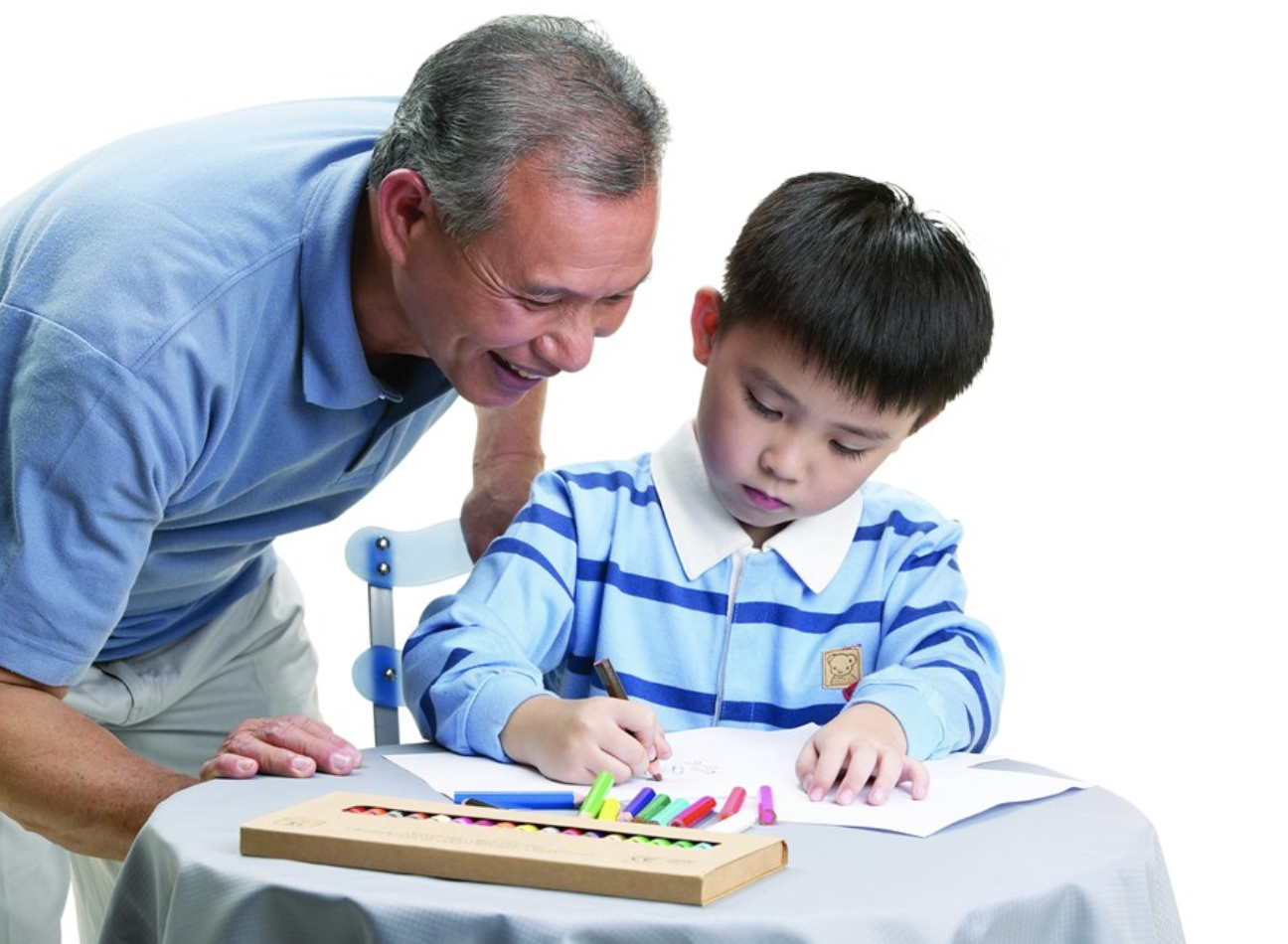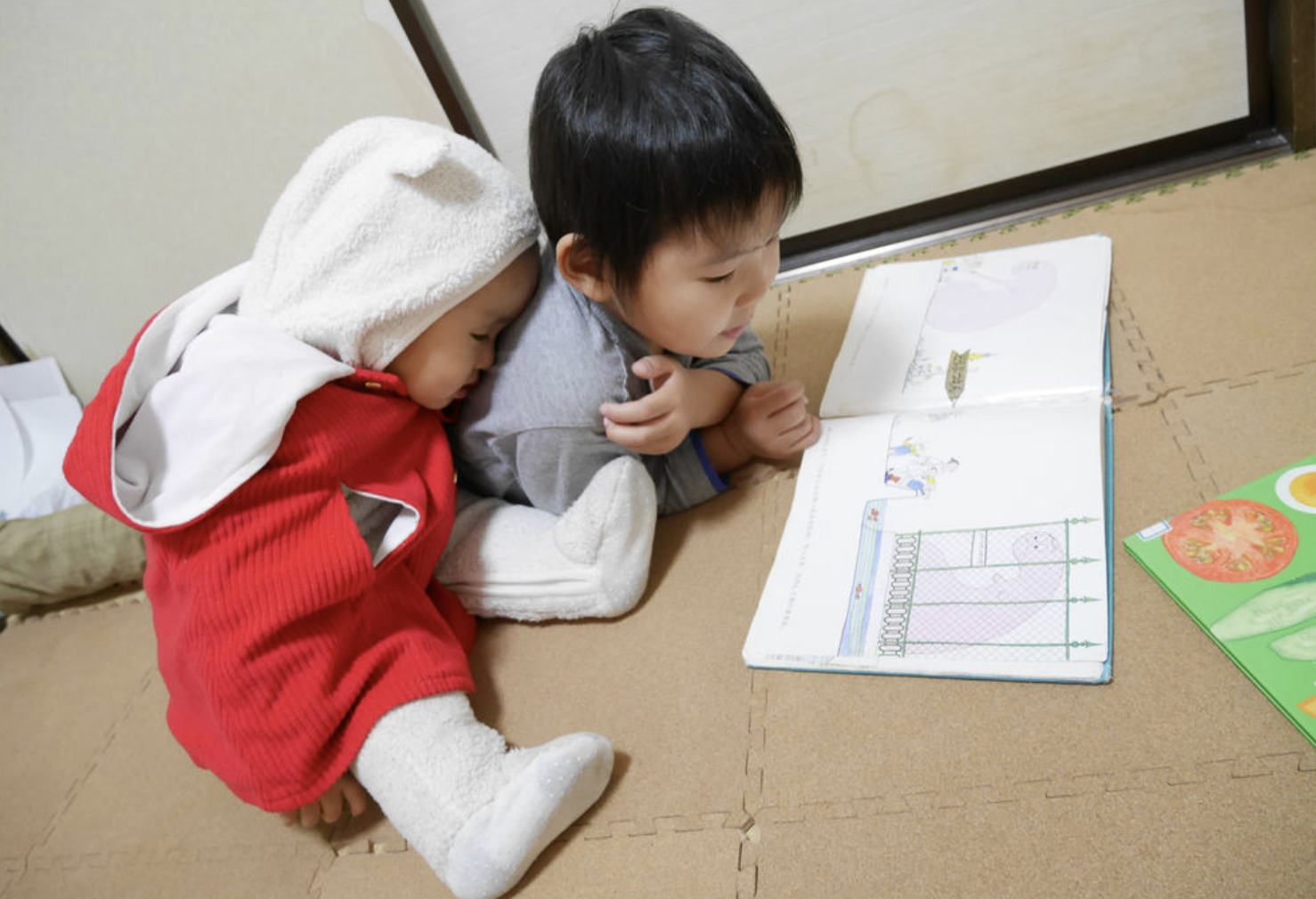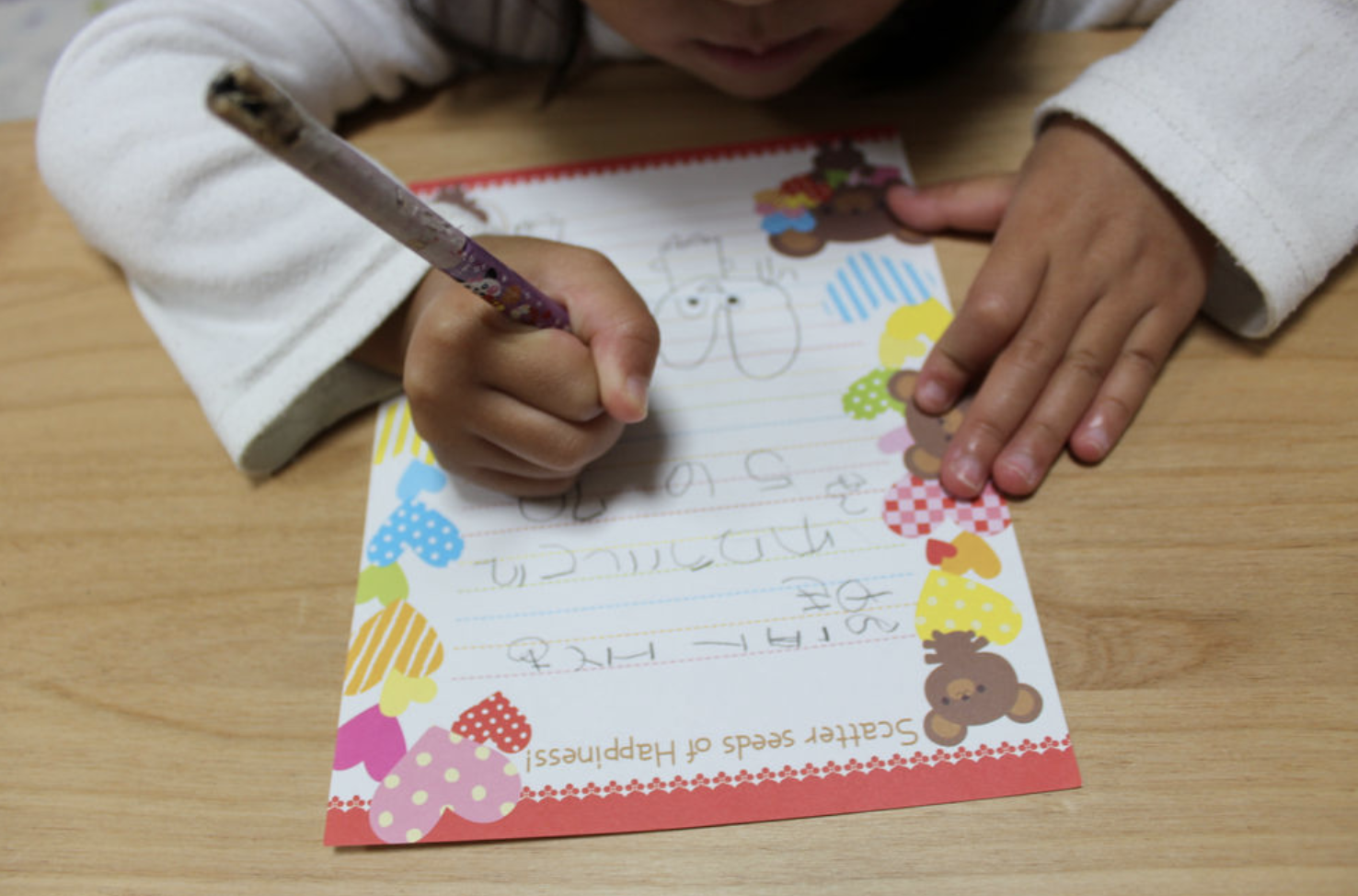
As parents, we tend to find it difficult to determine what our preschool children need to become literate and proficient in the language. Some of us think that we can help by helping them how to talk, while others would say it is time to help our children to read.
But, as a preschooler, they must be able to communicate with their peers even with their limited vocabulary. Doing this is difficult, but we can help them become literate and able to understand the language in some simple ways.
But, what things do they need to learn about first?
To help you out, here are the things you need to learn about language and literacy development for preschoolers:
Forming Clear Sentences
When your child hits three, they can understand basic prepositions like “in” and “on” and pronouns such as “I”, “you”, “me” and “they.” They will also start building their own sentences and if they can’t figure out the words to use, they will invent a word that will help put the point across.
As they learn new words, they will start understanding how these words can be categorised. For instance, they will know that the words “collar” and “bone” are connected to dog toys.
It is important to remember that your child won’t pick up the trick to learn new words through sound immediately.
Kids will definitely find it difficult to work with words with “R”, “f”, “s” and “Th” sounds, especially if their motor skills are not yet fully developed. Once their motor skills developed, their tongues will find it easier to vocalise these words.
You can help them by reading tongue twisters with them since the words can help them learn tricky sounds. If this does not help, you can ask us to see how we can help your child.
Curiosity will Boost Vocabulary
It can be frustrating for some parents once their children hit three because it is the time when their curiosity is at its highest.
They will repeatedly ask you questions several times until they understand the answer. But, don’t be frustrated because this is a normal way for your child to learn more words and phrases. Over here, we explained why curiosity is a good thing for your child.
To help them out, you can read them rhyming books to help their reading comprehension skills develop. You can also use flashcards to help them learn commonly used words and objects.
To make it more interesting, you can even bring them into trips and give them clues that they can guess immediately. Make sure that the tips are familiar so they can pick it up easily.

Learn Phonics with Sounds
When they start in preschool, your child will not be able to read on their own just yet. But, as they continue with their studies, they will start developing their unique literary skills that will help them learn new words.
They will also be able to recognise individual letters sounds and guide them by becoming literate as they continue to learn.
Once they start learning the sounds of each letter, they can now pick rhyming words that make the same sound and blend them together to form sentences.
You will also be surprised that they will be able to pick up complex words the more they hear them being used.
To help them out, you can try reading them rhyming books so they can learn patterns and new rhyming words for them to try out.
You can also challenge them by switching the letters to see if they will be able to determine the correct sounds. You may also do some rhyming games to keep them distracted during your trip out with them. We have more activities here to allow your child enjoy learning English.
Getting Comfortable with the Alphabet
Preschoolers are also starting to become familiar with the alphabet. They can easily sing the Alphabet song and write the letters without assistance.
If you want to help your child become comfortable with their letters, you can provide them with some paper to practice and even use dry erase alphabet books that they can use.
Dry erase books are ideal because if your child makes a lot of mistakes, you can easily wipe the book clean and let them try again.
Make Learning to Read Fun
Learning doesn’t have to be boring and you can use quite a lot of ways to get them to be excited to learn more.
You can read them stories which they can memorise and reenact. It will also help them learn more words and even put the stories they like to heart.
Even if they don’t do well with it at first, they will be able to practice themselves and build their confidence in reading new words as they learn more.
A great way to help your child have fun during learning is by introducing them new books featuring their favourite characters.
You can get them Phonics books which focus on various subjects. The story of these books are very easy to follow and your child will definitely be able to practice new words and sentences.
Of course, you have to be patient with your child during this time because they are still developing their reading skills. You should guide them on how to properly read a book and inspire them to make up their own stories as well. Besides the above tips, here are some guidance to allow your child to fall in love with reading.

Conclusion
When your child hits their preschool years, you will slowly see that they will become vocal and sponge in everything they are learning.
As parents, it is up to us to help our child throughout this stage as they need all the help they can get to learn new words and be able to talk to us clearly. But, don’t force them to follow your pace because every child has their own pace of learning. Be there for them and give them the tools to grow.
With some time and patience, your child will flourish and be able to communicate well with others. To help your child prepare their English learning journey in Primary 1, here are some tips.
Here are some more helpful tips to get your little ones be competent in reading:
Ways to Increase My Child’s Reading Speed
8 Weeks Program to Increase Independent Reading Habits in Primary School Kids
